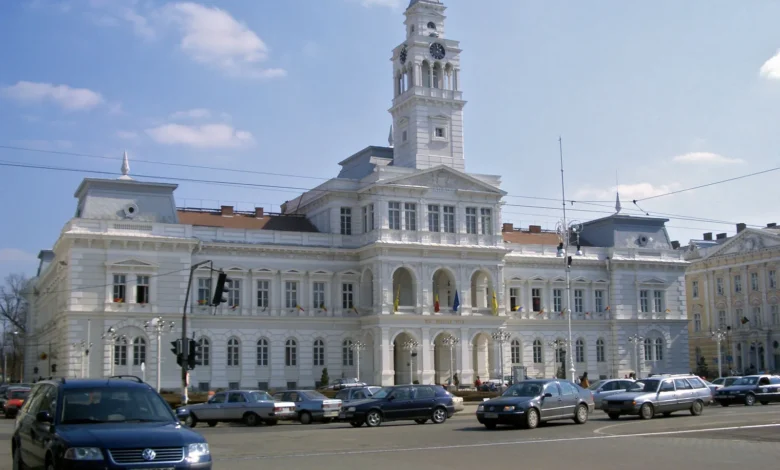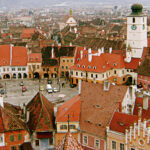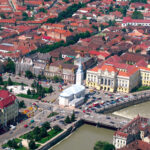Arad

Arad is the capital of Arad County in western Romania, situated in the lower Mureş River valley near the Hungarian border. Originally a Roman outpost called Aradu Nou, it has a significant Magyar (Hungarian) population. The city’s documented history dates back to 1131, and it experienced Turkish rule from approximately 1550 to 1700 before coming under Austrian control.
During the Hungarian rebellion of 1848–49, Arad was briefly captured by Hungarians and served as their headquarters. After the rebellion’s suppression, 13 Hungarian generals, known as the “martyrs of Arad,” were executed in the city in 1849. Arad became part of Romania following World War I and was designated a county capital in 1919.
The city functions as a railway junction and is a hub for commerce and industry, producing machine tools, railway cars, and textiles, and engaging in milling, distilling, and woodworking. Arad boasts cultural amenities such as a theatre, orchestra, and a cultural centre with a library and museum. As of the 2007 estimate, the population was approximately 167,238.










